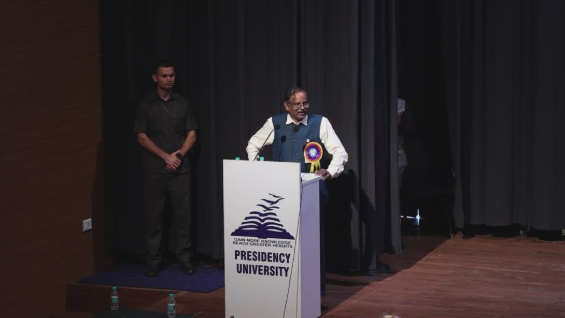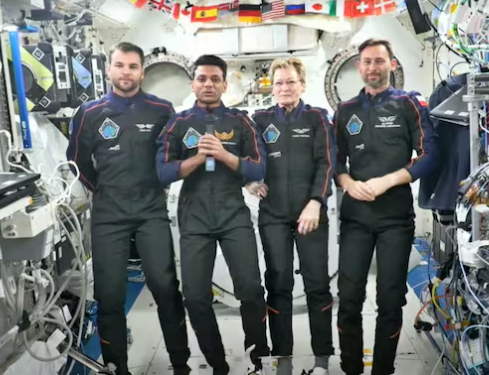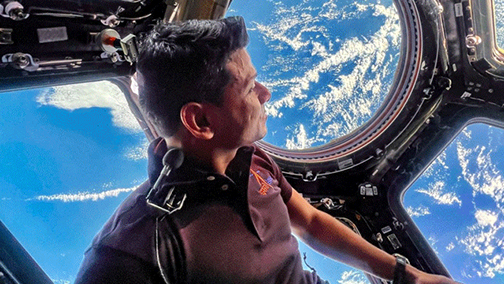

In a rare and candid disclosure, the head of the Indian Space Research Organisation (ISRO) has revealed how a decisive stand by India prevented the potentially disastrous launch of astronaut Shubhanshu Shukla’s historic space mission. ISRO Chief V Narayanan confirmed that his team refused to approve the launch of the Axiom Mission 4 (Ax-4) due to critical safety concerns with the SpaceX Falcon 9 rocket.
The mission, a collaboration between NASA, SpaceX, Axiom Space, and ISRO, was originally scheduled to launch on June 11. However, the launch was called off just a day prior at ISRO's insistence.
Speaking at a recent event, the ISRO chief recounted the tense moments leading up to the decision. "I was leading the team, and after thorough discussions, we decided not to accept the takeoff," he stated. "My team was not confident about the rocket’s integrity and refused to participate."
ISRO’s team had detected a leak and suspected a crack in the Falcon 9 booster. Their concerns, initially seen by some as overly cautious, were vindicated the following day when SpaceX engineers confirmed the presence of a crack in the rocket.
This decisive intervention was praised by the ISRO chief as a "fantastic job of saving the mission."

Thanks to ISRO's vigilance, the mission was successfully rescheduled and launched on June 26, making Shubhanshu Shukla the first Indian astronaut to visit the International Space Station (ISS). The incident highlights India's growing stature and uncompromising commitment to safety in the high-stakes arena of human spaceflight.
Shukla's 14-day mission involves conducting valuable scientific experiments that will contribute to India’s indigenous Gaganyaan program. The successful launch and the crucial role played by ISRO in ensuring its safety mark a significant milestone in India's journey as a major player in global space exploration.
